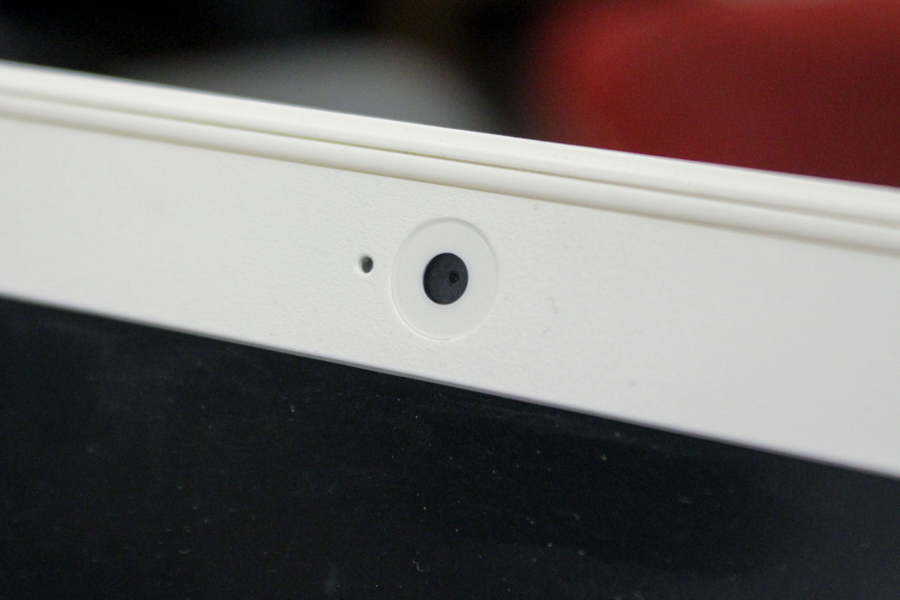
A couple of days ago, I was webcamming with a childhood friend from another country. We’ve known each other since we were infants, but due to our physical distance from each other (he lives in Taiwan) and the awkward stages of puberty (he didn’t believe in girls until he was 14 — no lie), we didn’t start growing closer until our college years. I’ve always enjoyed talking to him because he connects me back to my own Taiwanese roots. We’d discuss modern day social issues from both of our points of views. Recently, we were discussing his 14-year-old niece’s breakup. I remembered furrowing my brows at my Skype screen, indicating my disapproval of crying over puppy love. My friend raised his eyebrows at my reaction.
“Shouldn’t this be something common for you?” he asked innocently.
I didn’t know what to say. Because I grew up in such a diverse household, my beliefs are mixed between eastern teachings and western dogmas. Since I’m an American, I’m supposed to have liberal thoughts on relationships. I’m supposed to be okay with young relationships. Yet, since I grew up in an Asian household, I’m also supposed to be conservative and hold myself until marriage and be the good girl. I can’t be someone in between, because then I’m not credible as a Taiwanese or American person. I came to realize that if I don’t assume a unilateral identity, I can’t speak my mind. Again, the extremes overshadow the middle spectrum.
Instead of responding to his question, my mind flashed back to a separate incident in which I had a similar discussion with an American friend. When I told him I thought romantic exploration is important for teens, he gave me a funny look.
“Shouldn’t you be the type who is all for waiting until marriage?” he had asked in the same innocent manner as my Taiwanese friend.
I was offended that he viewed me in a stereotypical way. Growing up, I’ve moved to three different countries and received different educational and cultural influences. Though my family settled more permanently in California in my later years, I haven’t forgotten my Asian teachings. I’ve always believed that I have the best of both worlds.
However, these two instances got me thinking that I had to choose a side in order to be someone of importance. My parents weren’t the tiger couples recent literature speaks of, but they had their set rules, especially when it came to dating. Though they never put their feet down on “no dating until you’re 18,” I’ve always known that relationships are not matters to be meddled with carelessly. Both of my friends categorized me. I do not blame them for their ignorance or their comments, but I felt labeled and was caged by expectations.
It had been seconds before my Taiwanese friend waved me back into reality. He peered closer into his camera lens and asked me why I zoned out.
“Nothing,” I smiled back at him. “I was just wondering if this is how you view American culture.”
He laughed and shook his head. He said no, but I think the assumption of liberal American culture makes it easier for him to understand my world, in sunny California where Hollywood glamour promises an exciting teenage love life.
I looked down into my lap. Of course, of course.
You can reach SANDY CHEN at sichen@ucdavis.edu



